MS-LS1-3
Use argument supported by evidence for how the body is a system of interacting subsystems composed of groups of cells.
-
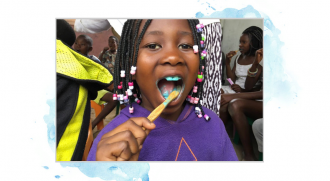 Health & Medicine
Health & MedicineCould toothpaste give heart disease the brush-off?
Brushing with a toothpaste that dyes plaque green encourages people to remove more of it. This also lowered inflammation, which may cut someone’s risk of heart disease.
-
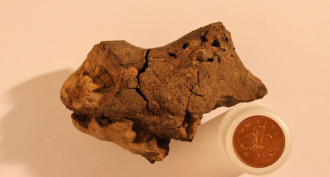 Fossils
FossilsDino brain found ‘pickled’ in boggy swamp
Scientists claim to have identified the first fossil brain tissue from a dinosaur.
By Meghan Rosen -
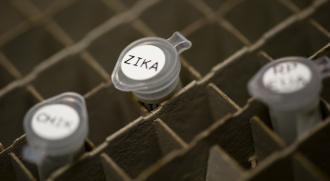 Health & Medicine
Health & MedicineZika birth defects: Concerns spread from head to toe
Zika infections may trigger problems well beyond babies born with small heads and brains. Scientists have begun linking a range of head-to-toe health ails to the virus.
By Meghan Rosen -
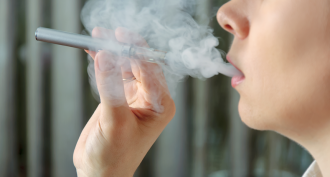 Environment
EnvironmentVaping may put your smile at risk
As e-cigarette use among teens rises, scientists find that vaping may cause cellular damage to the mouth, gums and teeth. Even the cells’ DNA was affected.
-
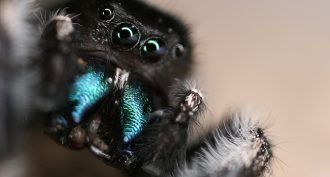 Animals
AnimalsSpidey sense: They can hear you!
Surprise! At least some spiders can hear us. Even without eardrums, jumping spiders can still detect airborne sounds from across the room.
By Susan Milius -
 Oceans
OceansCreative ways to help coral reefs recover
Coral reefs are under siege from threats ranging from climate change to explosives. But scientists are developing ways to rebuild reefs before they disappear.
-
 Health & Medicine
Health & MedicineGirls take note: Corn fiber can strengthen bones
Two new studies show that soluble corn fiber could help women improve bone health.
By Dinsa Sachan -
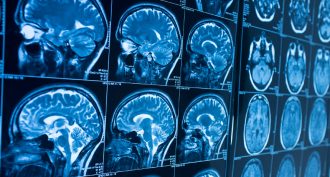 Brain
BrainHormone affects how teens’ brains control emotions
Using scans of brain activity, scientists show that surging hormones drive where emotions get processed in a teen’s brain.
-
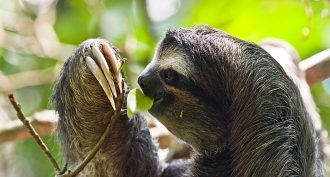 Animals
AnimalsThis mammal has the world’s slowest metabolism
A sloth species manages to exist with a super-slow metabolism by moving little and using its environment for heating and cooling its body.
-
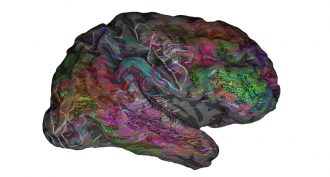 Brain
BrainMapping word meanings in the brain
A detailed new map shows that people comprehend words by using regions across the brain, not just in one dedicated language center.
By Meghan Rosen -
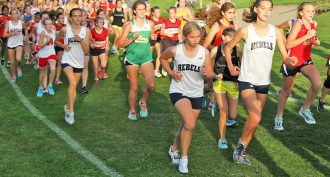
Taking science to the track
An athlete took on science research with a few friends and a heart monitor.
-
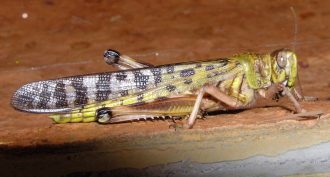 Animals
AnimalsInsects can patch their broken ‘bones’
When insects suffer wounds, they can mend their ‘skeleton’ with a patch on the inside. This makes the leg strong again, new data show.